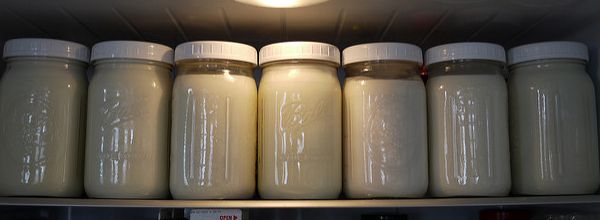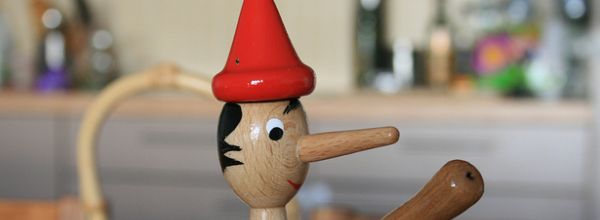Finishing my third year of grad school, I can’t help but notice what a balancing act it has been- research and relaxation, finances and fun, beer and…not beer? I wanted to write this article to advise incoming first years and veteran grad students – even those mysterious 7th year students- on graduate school and the fine art of balancing.
Classes and TAing and research- oh my!
Not all graduate programs are created equal. For example, some universities get classes out of the way in the first year and once that’s finished, they let you dive into rotations and research in your 2nd year. Other programs…not so much. For those who are lucky enough to not have to deal with this juggling act, feel free to move on.
For incoming grad students, this is one of the first balancing acts you will learn to master. Three demons breathing down your neck is enough pressure to frighten even the most hardened grad student. Some people have told me their #1 priority was their TA position as that was their source of income. Others want to please their PI and everything else takes a backseat. And you can’t forget that low grades in your first year of classes puts you at risk of being kicked out of the program. Unfortunately, there’s no real right answer other than to do it all. It’s a stressful time and it’s not fun, but if you come out of this dark, damp hole alive, you’ll be a stronger graduate student. Trust me. It’s all a matter of balancing your time and pleasing each head of this three-headed beast.
Creative Cathy and Skeptical Stu
Meet Cathy and Stu. Cathy is bright and bubbly, approaching any scientific problem with the classic “Anything is possible in science!” mantra. Meanwhile, Stu is questioning everything that he sees, challenging his friends’ data and refusing to accept their explanation for the observed results. Wouldn’t it be great if we could combine these two personalities into one? Imagine a grad student who embraces the endless possibilities that science offers while critically analyzing data and offering creative alternatives.
Enjoying this article? Get hard-won lab wisdom like this delivered to your inbox 3x a week.

Join over 65,000 fellow researchers saving time, reducing stress, and seeing their experiments succeed. Unsubscribe anytime.
Next issue goes out tomorrow; don’t miss it.
Enter: grad school. For the past three years, I’ve been bombarded left and right with tips on how to be a critical thinker, analyzing every bit of information that was shoved under my nose. “Does this make sense with the current literature?” “Do you agree with your own data?” “Why doesn’t this match with that?” And when I do agree with some data, a colleague has jumped down my throat attempting to challenge any notion that he/she might be wrong. I agree that a healthy dose of skepticism is always welcome, but whatever happened to thinking with an open mind? Learn to be a creative-thinking critical data-analyzing grad student and you’ll be a diamond-in-the-rough scientist.
Cool teacher or strict instructor?
There is a golden question every teacher has asked themselves: how can you be an effective instructor, encompassing an approachable personality while maintaining a well-respected teaching status? Become too approachable and students won’t respect you when you need to lay down the law. If you become too strict in the classroom, students won’t feel comfortable to come to you with questions. Oh, what to do? What to do?!
If you’re a soon-to-be TA in grad school, expect to encounter this age-old debacle. Realize that in order to be an effective TA with the undergraduates, you’ll need to sample from both sides of the fence. Never forget that you’re in charge of the classroom. You decide who is doing right and wrong in the lab. Just don’t forget to have fun and approach this part of grad school with an open mind. The students can teach you more than you can possibly imagine.
Independence vs. Dependence
Stuck on a certain project, but too proud to admit it? Or is everything working out for you (in which case, don’t talk to me), but you rely too heavily on your fellow labmates? I find myself debating this almost on a weekly basis. Where is the line between asking for help and being a strong, independent graduate student?
Asking questions and collaborating with your friends is the hallmark of a good scientist. You find yourself learning something new whenever you do ask for help. For example, what to do with that tricky instrument that keeps giving an “error” message. That being said, problem solving on your own can give you a huge boost in self-confidence. Learn to be a good problem solver in the lab and, before long, people will be coming to you asking for help.
Learn to master these balancing acts and you’ll put any circus performer to shame. What are your tips for keeping your life in balance during grad school? Let us know in the comments below!
You made it to the end—nice work! If you’re the kind of scientist who likes figuring things out without wasting half a day on trial and error, you’ll love our newsletter. Get 3 quick reads a week, packed with hard-won lab wisdom. Join FREE here.







